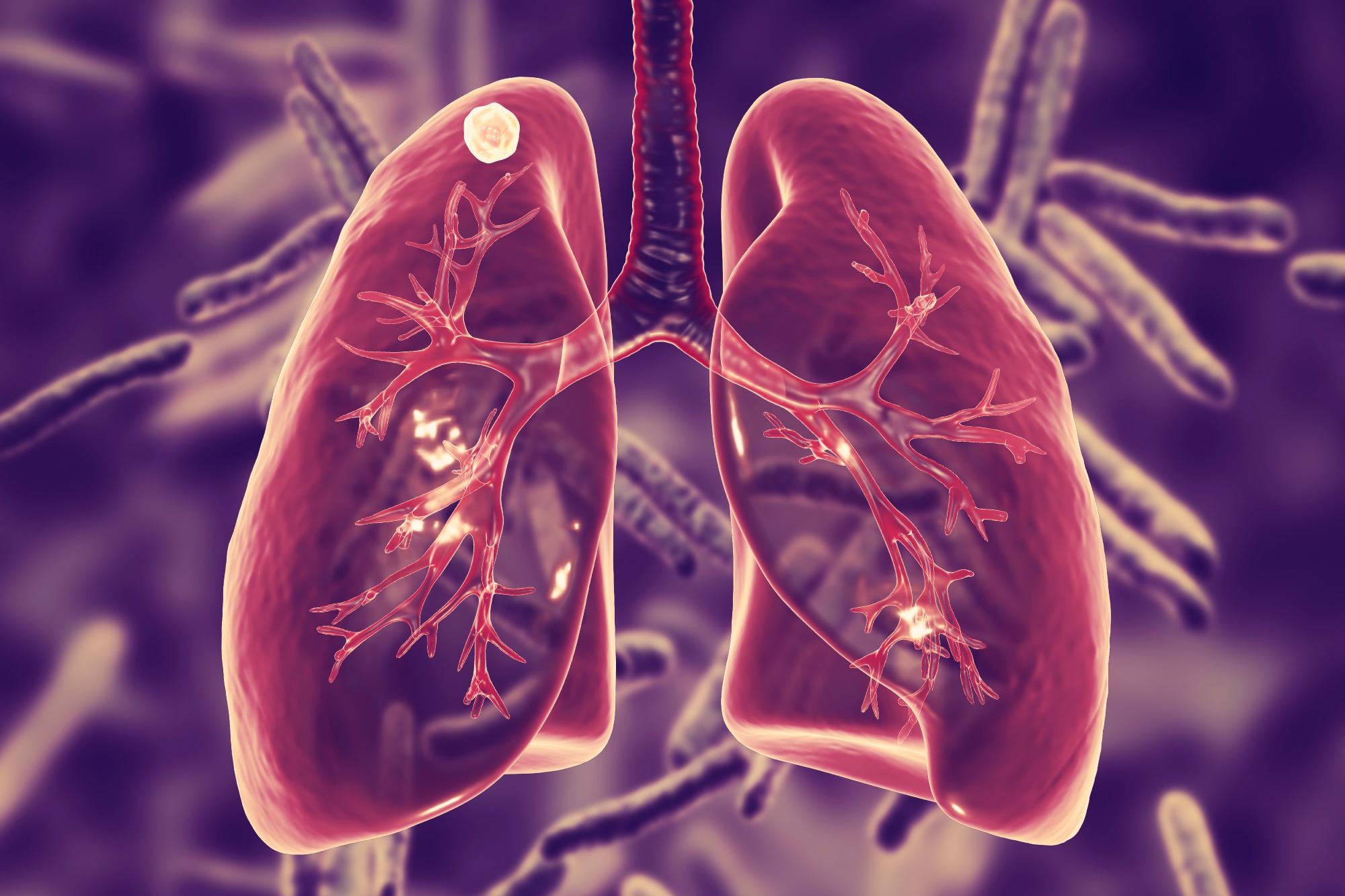
Image Credit: Shutterstock.com/ Kateryna Kon
On chest imaging, pulmonary nodules look like tiny patches on the lungs. They have grown considerably more common as CT has surpassed X-Rays as the preferred method of chest imaging.
“Chest CT is such a sensitive test, you’ll see a small nodule in upwards of a third to a half of cases. We’ve gone from a problem that was relatively uncommon to one that affects 1.6 million people in the U.S. every year,” added Anil.
Dr Vachani and his team tested an AI-based computer-aided diagnosis system developed by Oxford, England-based Optellum Ltd. to help doctors analyze pulmonary nodules on chest CT. While CT scans reveal numerous details about the nodule, including its size and boundary, AI can go even further.
“AI can go through very large datasets to come up with unique patterns that can’t be seen through the naked eye and end up being predictive of malignancy,” Dr. Vachani said.
Decision Making is Better but More Study is Needed
Six radiologists and six pulmonologists used CT imaging data alone to determine the probability of malignancy for nodules in the research. They also provided management recommendations for each patient both with and without the AI tool, like CT monitoring or a diagnostic test.
The study consisted of 300 chest CT scans of indeterminate pulmonary nodules. The research discovered indeterminate nodules as those with a diameter of 5 to 30 mm.
The AI technology enhanced the assessment of nodule malignancy risk on chest CT, according to the findings. It also increased reader agreement on risk categorization and management recommendations.
The readers judge malignant or benign with a reasonable level of accuracy based on imaging itself, but when you combine their clinical interpretation with the AI algorithm, the accuracy level improves significantly. The level of improvement suggests that this tool has the potential to change how we judge cancer versus benign and hopefully improve how we manage patients.
Anil Vachani, MD, Study Senior Author and Director, Clinical Research, Interventional Pulmonology and Thoracic Oncology, Perelman School Of Medicine, University Of Pennsylvania
According to Dr. Vachani, the model appears to operate fairly well on diagnostic and low-dose screening CT, but additional research is needed before the AI tool can be utilized in the clinic.
We’ve taken the first step here and shown that decision making is better if the AI tool is incorporated into radiology or pulmonology practice. The next step is to take the tool and do some prospective trials where physicians use the AI tool in a real-world setting. We are in the process of designing those trials.
Anil Vachani, MD, Study Senior Author and Director, Clinical Research, Interventional Pulmonology and Thoracic Oncology, Perelman School Of Medicine, University Of Pennsylvania
Journal Reference:
Kim, R. Y., et al. (2022) Artificial Intelligence Tool for Assessment of Indeterminate Pulmonary Nodules Detected with CT. Radiology. doi.org/10.1148/radiol.212182.